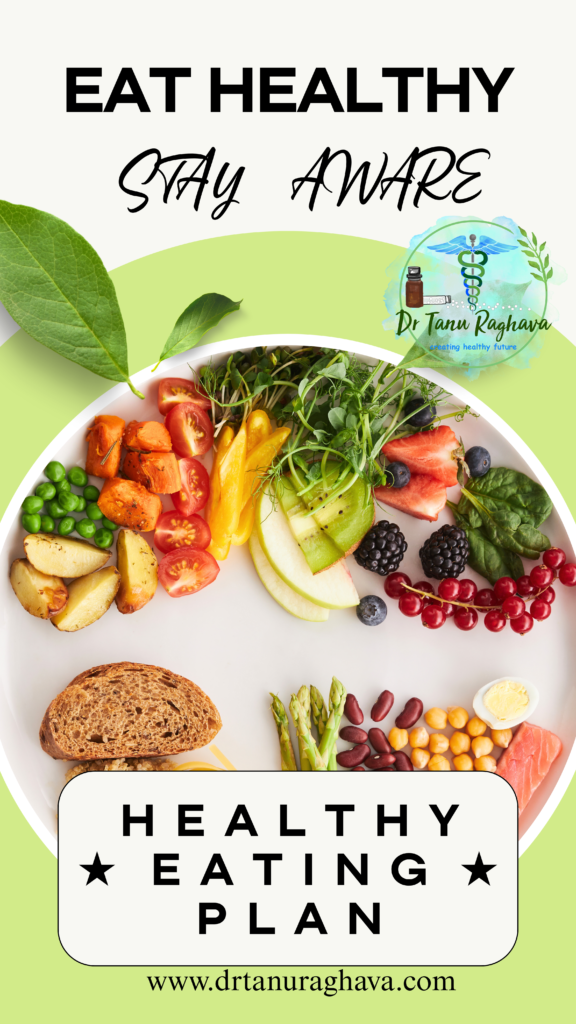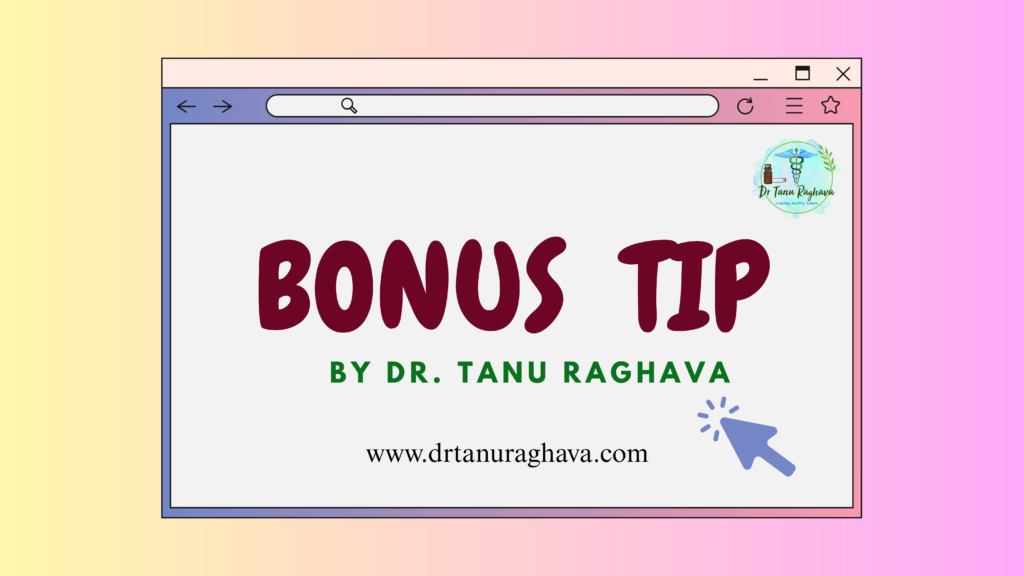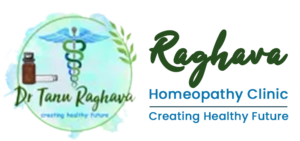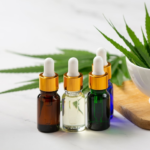Introduction
Table of Contents
ToggleJaundice is a condition marked by the yellowing of the skin and eyes due to elevated levels of bilirubin in the blood. While medical treatment is essential to address the underlying cause, diet plays a critical role in supporting liver health and speeding recovery. As a Homeopathic Physician and Nutritional Counselor, Dr. Tanu Raghava has seen firsthand how the right dietary approach can significantly impact healing during jaundice. This comprehensive blog explains what to eat, what to avoid, and how to structure a liver-friendly diet to prevent and recover from jaundice effectively.
Why Diet Matters in Jaundice ?
The liver is responsible for metabolizing nutrients, breaking down toxins, and producing bile. During jaundice, the liver is under stress, and a poor diet can worsen inflammation and impair healing. A nutritious, light, and easily digestible diet helps:
- Reduce bilirubin levels
- Prevent further liver damage
- Promote bile flow
- Support detoxification
Dr. Tanu Raghava emphasizes that food can act as medicine if chosen correctly during this time.
Goals of a Jaundice-Friendly Diet
- To reduce the workload on the liver
- To prevent toxin buildup
- To provide essential nutrients for regeneration
- To maintain hydration
- To prevent complications like liver failure

Foods to Eat During Jaundice
Dr. Tanu Raghava recommends a light, nutrient-rich, and hydrating diet focused on natural, easily digestible foods. Below is a detailed guide to what should be included:
1. Fruits (Rich in Antioxidants and Water Content)
- Papaya – Aids digestion and liver detox
- Pomegranate – High in antioxidants and iron
- Apple – Supports liver function
- Watermelon – Hydrating and cooling
- Guava – Rich in Vitamin C
- Coconut water – Natural electrolyte balancer
2. Vegetables (Light and Liver-Cleansing)
- Bottle gourd (Lauki) – Soft and cooling on the liver
- Carrot – Beta-carotene supports liver detox
- Beetroot – Improves liver enzyme activity
- Pumpkin – Easily digestible
- Spinach (well-cooked) – Iron and folate-rich
3. Pulses (Only Light and Dehusked Types)
- Yellow moong dal – Easily digestible, protein-rich
- Masoor dal – Cooked well without spices
4. Grains
- Rice – Plain white rice or rice water is ideal
- Dalia (broken wheat) – Light and fibrous
- Oats – Soluble fiber helps in bile regulation
- Whole wheat (in small portions) – Use sparingly
5. Nuts and Seeds (In Moderation)
- Soaked almonds – 4-5 daily
- Walnuts – Anti-inflammatory
- Flaxseeds – Omega-3s support liver health
6. Liquids and Fluids
- Lemon water – Aids bile production
- Sugarcane juice – Only hygienically prepared
- Barley water – Detoxifying
- Buttermilk – Aids digestion
- Fresh vegetable soups – Nutrient-rich and hydrating
Foods to Avoid During Jaundice
An unhealthy or heavy diet can worsen the liver’s condition, delaying recovery and even increasing bilirubin levels. Dr. Tanu Raghava warns against the following food items:
1. Oily and Fried Foods
- Deep-fried snacks
- Pakoras, samosas, chips
2. Spicy and Processed Foods
- Spicy curries, pickles, sauces
- Processed cheese, instant noodles
3. Heavy Pulses and Legumes
- Rajma, Chole, Urad dal
- Sprouted legumes (can cause gas)
4. Non-Vegetarian Foods
- Red meat, mutton, chicken
- Eggs in excess
5. Sugary and Packaged Items
- Sweets, chocolates, bakery products
- Cold drinks and packaged fruit juices
6. Caffeinated and Carbonated Beverages
- Tea, coffee (in excess)
- Soda, energy drinks
7. Alcohol
- Absolutely restricted. It damages liver cells further and worsens the condition.
Morning (7-8 AM):
- A glass of lukewarm water with lemon
- 2 soaked almonds + 1 soaked walnut
Breakfast (8:30-9:30 AM):
- Oats porridge or boiled moong dal khichdi
- Coconut water or sugarcane juice (alternate days)
Mid-morning Snack (11 AM):
- Papaya or pomegranate
Lunch (1-2 PM):
- Boiled rice or soft chapati
- Yellow moong dal
- Steamed bottle gourd or pumpkin
- Buttermilk
Evening (4-5 PM):
- Apple or watermelon
- Herbal liver detox tea
Dinner (7-8 PM):
- Vegetable soup or dalia
- Carrot and beetroot salad (boiled)
Before Bed (9-9:30 PM):
- Warm water with a pinch of turmeric
Diet to Prevent Jaundice
Prevention is always better than cure. To keep your liver healthy and avoid jaundice altogether, Dr. Tanu Raghava recommends:
- Maintaining hydration (8-10 glasses of water)
- Eating high-fiber fruits and vegetables
- Avoiding alcohol and processed foods
- Including natural liver-supportive foods like garlic, turmeric, and green leafy vegetables
Lifestyle Tips: Do’s and Don’ts
Do’s
- Get adequate rest
- Practice hand hygiene (especially after using the restroom and before meals)
- Stay physically active (light walking or yoga)
- Use only boiled or filtered water
- Follow a routine eating schedule
Don’ts
- Don’t skip meals
- Don’t consume raw, unhygienic street food
- Avoid unnecessary medications without doctor’s advice
- Avoid staying up late at night
- Don’t indulge in stress or anxiety (affects liver energy)

- Include turmeric milk (haldi doodh) once jaundice is resolving, for liver regeneration.
- Drink radish juice (Mooli ka ras) every morning for 10 days (half glass).
- Chew a few basil leaves (tulsi) daily to improve liver function.
Conclusion
The liver is a vital organ, and diet is a powerful tool to support it, especially during jaundice. By consuming liver-friendly foods, avoiding harmful ones, and embracing healthy lifestyle changes, recovery becomes faster and more effective. With the right guidance, such as that from Dr. Tanu Raghava, patients can experience complete recovery and prevent future liver issues. Always consult a qualified practitioner for personalized care.
Stay healthy, stay aware! For personalized dietary and homeopathic guidance, consult Dr. Tanu Raghava.





